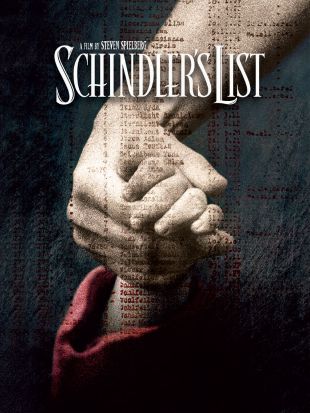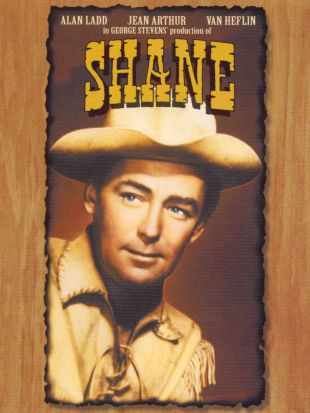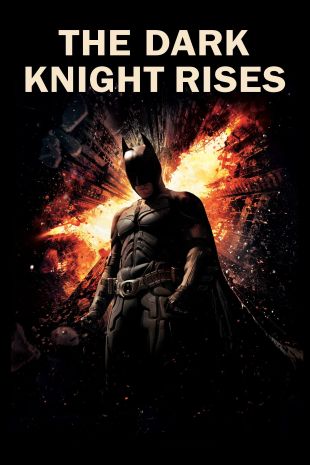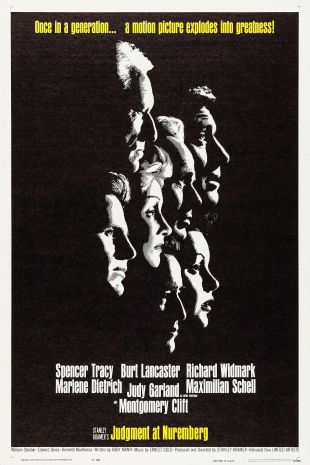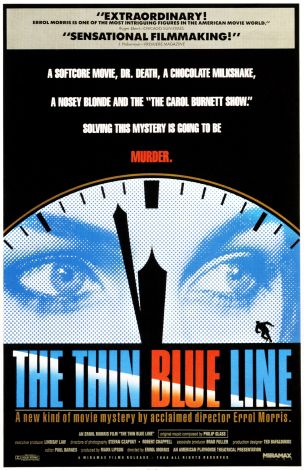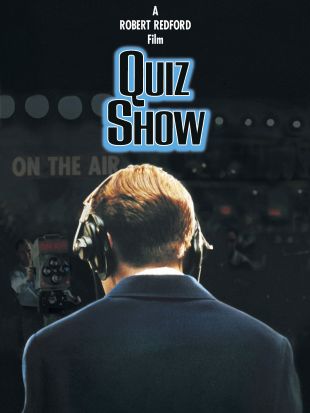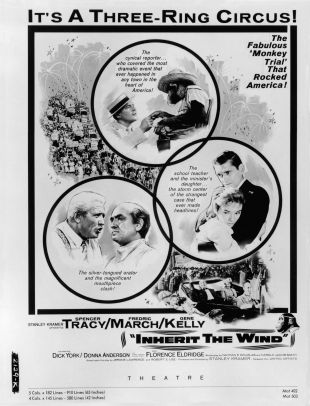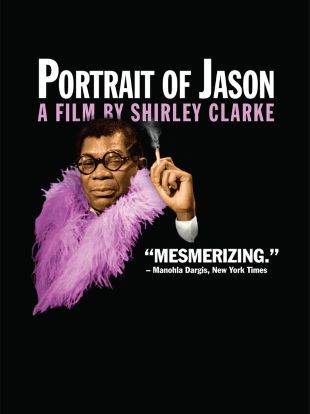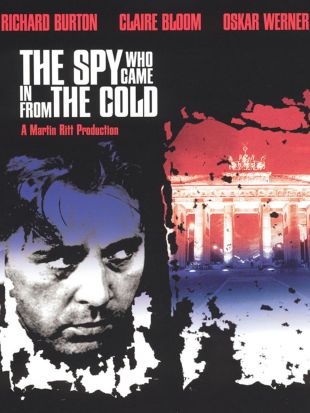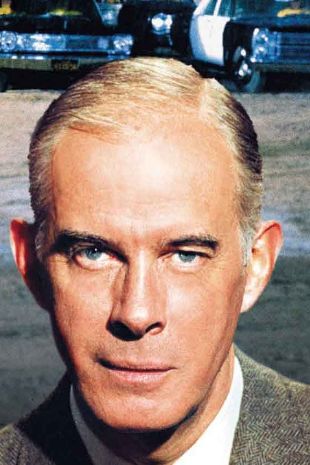
Dragnet (1951)
Directed by Jack Webb
Genres - Drama, Crime, Mystery |
Sub-Genres - Cop Show [TV], Prime-Time Drama [TV], Procedural Show [TV] |
Run Time - 30 min. |
Countries - United States |
Share on
Synopsis by Hal Erickson
"The story you are about to hear is true. The names have been changed to protect the innocent." Thus began each and every episode of Dragnet, arguably the most famous police series in TV history. Originating in 1949 as a radio series, Dragnet was the brainchild of actor/producer/director Jack Webb, who wanted to give the public a tense, unglamorized, and realistic crime series as a contrast -- and an antidote -- to the myriad of fanciful and streamlined private eye shows then festering the airwaves. In the radio version, Webb established the series' documentary-style format, its meticulous attention to detail (extending to the use of authentic police jargon and acronyms, à la "A.P.B.," "M.O.," "R&I," etc.), and the flat, monotonic narration of the series' protagonist, Sergeant Joe Friday of the LAPD. ("My name's Friday. I'm a cop.") Also introduced in the radio Dragnet was the series' now-legendary theme music ("Dum-de-DUM-dum"), written by Walter Schumann. On December 16, 1951, with the radio version still flourishing, the filmed, half-hour TV version of Dragnet premiered on NBC, initially alternating weekly with Gang Busters. Jack Webb continued to play the leading role of Sgt. Joe Friday (under protest -- he'd wanted Lloyd Nolan to star in the TV adaptation), with Barton Yarborough repeating his radio characterization of Friday's partner, Sgt. Ben Romero. After Yarborough's death, several other actors were tried out as Friday's partner until Ben Alexander joined the cast as Officer Frank Smith, a role he'd hold down for the duration of the series.
Dragnet proved so successful that NBC decided to offer it on a weekly basis beginning in the fall of 1952. Before long, virtually everyone in the country was humming the series' theme song and repeating its catchphrases ("This is the city," "Just the facts, ma'am," et al.); and in a curious accolade, the series was satirized in Stan Freberg's unforgettable record "St. George and the Dragonet."Throughout Dragnet's eight-season TV run, Jack Webb upheld the series' lofty standards and high level of verisimilitude, even though he grew weary of doing triple duty as producer, director, and star early on, and sought escape in a variety of outside ventures, including such theatrical features as Pete Kelly's Blues and The D.I., and such non-Dragnet TV series as Noah's Ark and The D.A.'s Man. Nevertheless, Dragnet proved to be Webb's signature project, even more so when the property was converted into a high-grossing theatrical film in 1954. By the time the series entered its final season in 1958, Sgt. Joe Friday had been promoted to lieutenant, a ratings-boosting move that Webb wasn't overly fond of; also, the series switched from black-and-white to color (though current prints of the final season are in monochrome only).
After Dragnet's cancellation on September 6, 1959, Jack Webb all but retired from acting to focus on producing and directing, hoping to leave Joe Friday far behind him, even though the character had won him the undying devotion of hundreds of thousands of real-life police officers. However, after several fallow years, Webb was persuaded by NBC and Universal Pictures to revive his most famous character in a made-for-TV movie version of Dragnet, filmed in 1966. So impressed were the network and studio executive by the results that they commissioned Webb to revive Dragnet as a weekly series, which debuted January 12, 1967, as an emergency replacement for the failing NBC sitcom The Hero (the movie-length Dragnet was subsequently shelved, and not broadcast until 1969). Except for the fact that it was filmed entirely in color, the new series closely adhered to the format of the original, with Joe Friday (inexplicably demoted back to sergeant) working out of various LAPD divisions -- homicide, robbery, missing persons -- and working on cases culled from actual police files. Also, each episode began with the "true story" disclaimer, and ended with a wrap-up of the convictions visited upon the perpetrators, book-ended by the classic Walter Schumann theme music and the closing shot of a muscular pair of hands chiseling out the Mark VII logo signifying Webb's production company. With Ben Alexander busy with another cop series, The Felony Squad, Friday took on a new partner, Sgt. Bill Gannon, played by Harry Morgan. Although many of the supporting actors were culled from Jack Webb's familiar radio and TV stock company -- Virginia Gregg, Vic Perrin, Peggy Webber, and Harry Bartell to name but a few -- with rare exceptions, the revived Dragnet dealt with brand-new stories focusing on such contemporary issues as racial prejudice, the generation gap, and (especially) drug abuse. With each successive season re-titled to signify the year of its telecast (Dragnet: 1967, Dragnet: 1968, etc.), the new Dragnet remained on NBC until September 10, 1970, its 98 episodes enjoying even more success in syndicated and cable TV reruns than the rebroadcasts of the original series (which had been in syndication since 1953 under the title Badge 714). Since Jack Webb's death in 1982, Dragnet has been revived twice with different actors, first as a syndicated series in 1989, then as an ABC weekly (starring Ed O'Neill as Joe Friday) in 2003. In addition, the series was lampooned in the 1987 theatrical release Dragnet, starring Dan Aykroyd as Joe Friday's soundalike nephew, and with Harry Morgan recreating his role as Bill Gannon!
Characteristics
Keywords
crime-solving, police-detective
